
A number of glands in the mouth region produce a clear liquid known as Saliva. It plays a crucial role in our body’s health. It is mainly made of water and also contains enzymes, mucus, and electrolytes. However, It contains vital components that our body needs to chew, swallow, digest food, and maintain healthy teeth.
But for some people, certain conditions cause less saliva production and lead to chronic dry mouth, also known as Xerostomia. A dry mouth can also affect your dental health, which leads to tooth cavities, inflammation, and oral infections. This is because natural Saliva keeps your mouth clean, aids in chewing and swallowing, maintains a balanced pH level and shields your teeth from demineralization.
Fortunately, there are solutions for dry mouth, including a saliva substitute.
What are saliva substitutes?
Saliva substitutes are artificial versions of the mucus secretions that are typically formed in the mouths of humans. When the body cannot make enough Saliva on its own, saliva substitutes help produce artificial Saliva. They are used to alleviate dry mouth and discomfort in the mouth or throat that may be brought on by particular disease conditions, medication, surgical procedures, chemotherapy, and radiation treatments. Although artificial Saliva is not exactly like the Saliva naturally produced by our glands, it’s a combination of elements that can help with symptoms.
Artificial saliva substitutes usually come in different forms, such as
- Sprays
- Rinses
- Gels
- Swabs
- Powders
- Dissolving tablets
Saliva substitutes Vs. saliva stimulants
A saliva substitute is a replacement for natural saliva that is used to lubricate or moisten the mouth. They don’t cause the salivary glands to produce more saliva. The Food and Drug Administration regulates them as a medical device to use.
On the other hand, a saliva stimulant naturally increases salivary production. The ADA claims that chewing is the most effective approach to increasing saliva production. This is why chewing your food thoroughly is so crucial: it stimulates muscles to compress the salivary glands, producing saliva. Chewing gum can help stimulate salivation, but make sure to use sugarless gum.
Why are saliva substitutes important?
As we mentioned above, Saliva is crucial for the health of both our digestive system and oral health. It contains minerals and nutrients to keep our teeth and gum strong. Also, it cleans the mouth by eliminating bacteria present in the mouth. A lack of salivary flow encourages oral bacteria to thrive, which causes dry mouth. People with dry mouths are more likely to develop foul breath, canker sores, tooth damage, and other dental issues.
There are methods available to manage and treat the effects of dry mouth. To increase saliva production, your dentist may recommend artificial spray or rinse, which you can buy over the counter. In some situations, they can also recommend some medications that promote the production of more natural Saliva. Artificial saliva products can be helpful, but they do not have the digestive and antibacterial enzymes found in normal saliva and other natural proteins and minerals.
In addition to artificial saliva, the American Dental Association lists a few remedies you can try to alleviate dry mouth without artificial saliva:
- Drinking water or beverages without sugar and caffeine
- Chewing sugar-free gum or sucking on sugar-free candies
- Using humidifier
- Avoiding sticky and sugary foods
- Avoiding tobacco products and alcohol (including alcohol-containing mouthwashes)
- Keeping away from salty or spicy foods, as well as dry, hard-to-chew foods
- Applying lip lubricants
Does a saliva substitute cause side effects?
This is not only for saliva substitutes, but an Overdose of any medications will also have a negative effect on your health. The risks that are connected to saliva substitutes are rare.
They may occur as a result of an allergic reaction or excessive usage.
The following side effects can be used to identify an allergic reaction or overdose to this substance:
- Hives
- Difficulty breathing
- Tightness in the throat
- Foul taste
- swelling around the throat, tongue, lips, or face.
Bottom line
If you suffer from a dry mouth due to reduced saliva flow can have adverse effects on your dental and overall health as well. So, reach out to your dentist or healthcare provider to discuss your symptoms and get the treatment plan that works best for you.

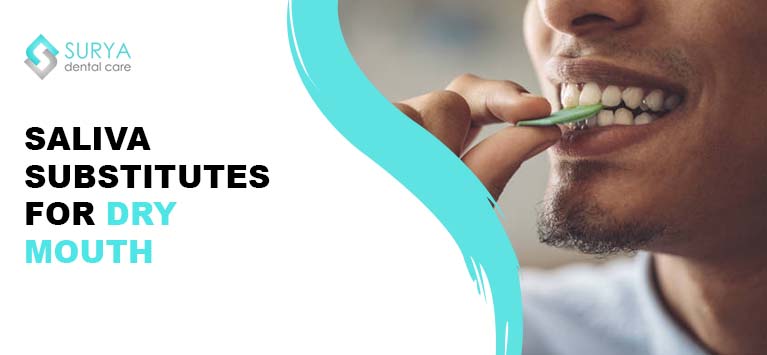

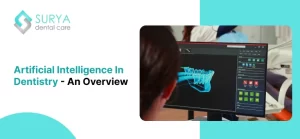
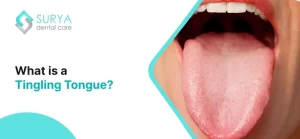

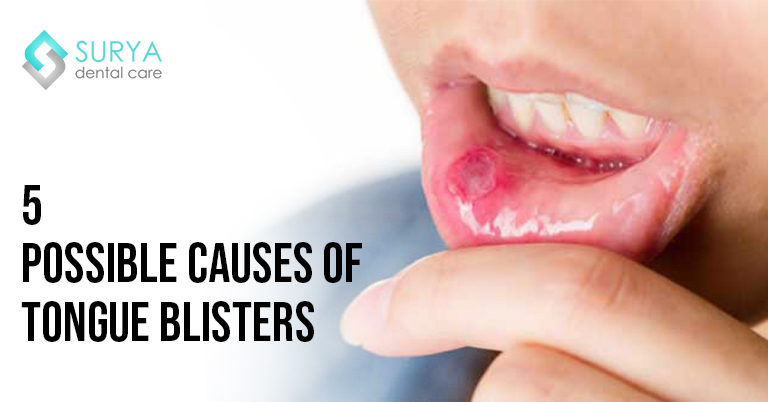
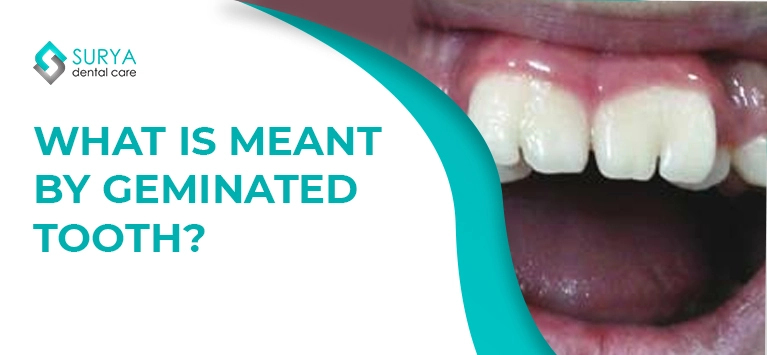
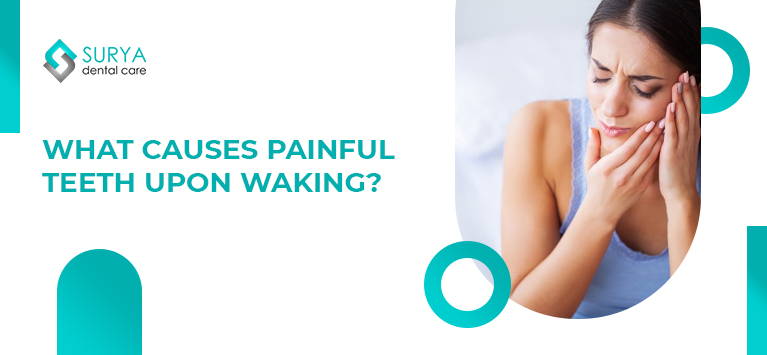
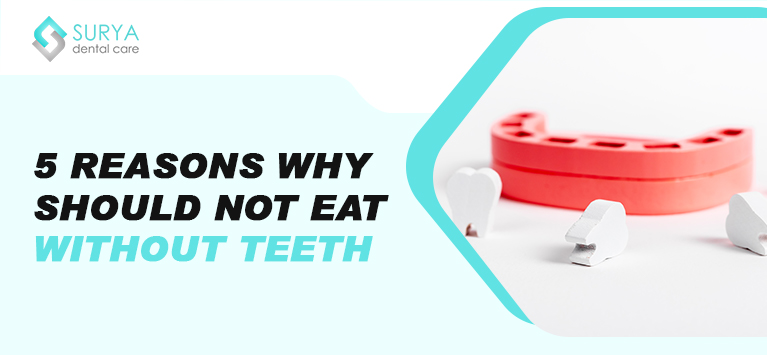
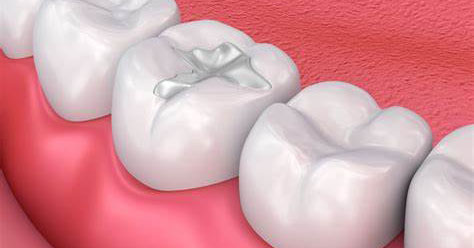

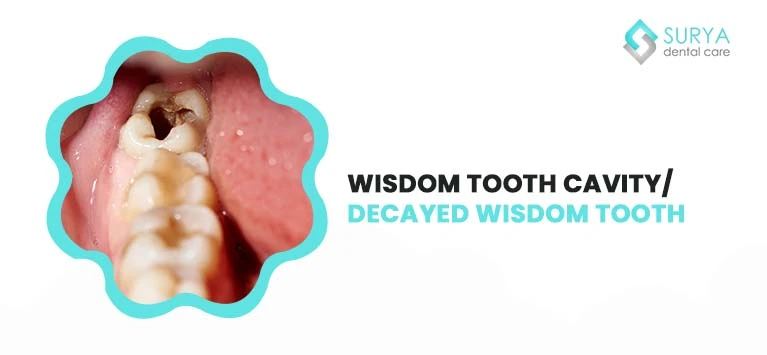
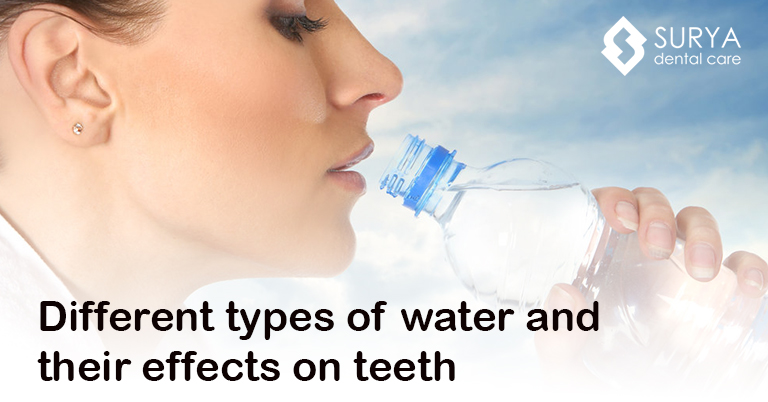
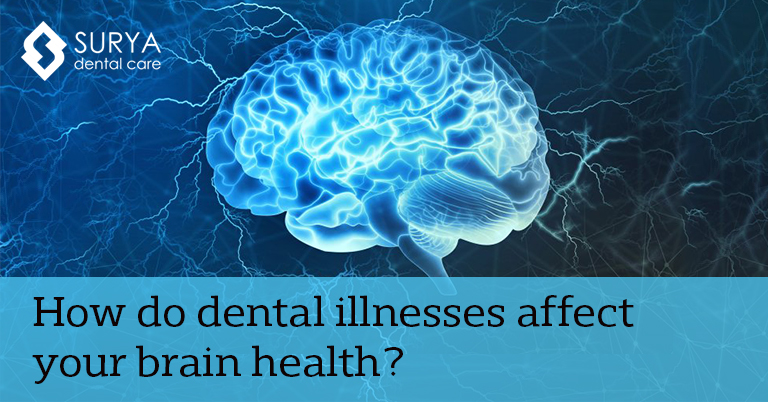


Leave a Comment